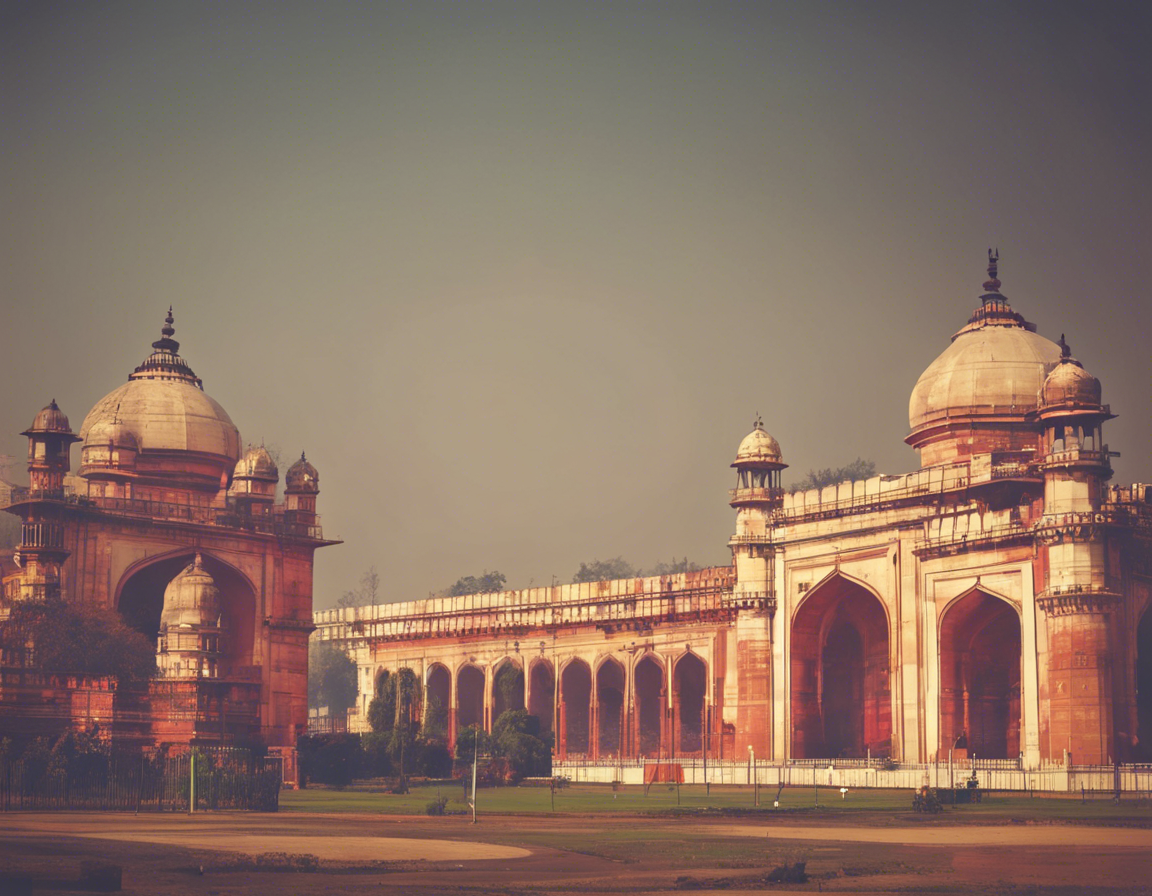Lucknow, the capital city of Uttar Pradesh in India, experiences a subtropical climate characterized by hot summers, mild winters, and a monsoon season. In recent years, there has been a noticeable shift in the temperature trends in the city, with fluctuations that have far-reaching effects on the environment, infrastructure, and the health of its residents.
Understanding the Temperature Trends in Lucknow
Lucknow, like many other cities around the world, is facing the consequences of climate change. The city’s temperatures have been on the rise, with heatwaves becoming more common during the summer months. The average temperature in Lucknow has been steadily increasing, leading to warmer winters and uncomfortably hot summers.
Factors Contributing to Temperature Fluctuations
Several factors contribute to the fluctuating temperature trends in Lucknow. Urbanization and deforestation, for example, have led to the heat island effect, where urban areas experience higher temperatures than their rural counterparts. Additionally, air pollution from vehicles and industrial activities further exacerbates the city’s temperature fluctuations.
Impact on the Environment
The fluctuating temperatures in Lucknow have a significant impact on the environment. Changing weather patterns have disrupted the city’s ecosystem, affecting plant and animal life. Erratic rainfall and droughts have become more common, leading to water shortages and crop failures in the region.
Climate Change Adaptation Efforts
To address the impact of fluctuating temperatures, the government and various organizations in Lucknow are implementing climate change adaptation strategies. These include afforestation projects, water conservation measures, and renewable energy initiatives to reduce the city’s carbon footprint and mitigate the effects of climate change.
Health Implications
The fluctuating temperatures in Lucknow also have health implications for its residents. Heatwaves can lead to heat-related illnesses such as heatstroke and dehydration, particularly among vulnerable populations such as the elderly and children. Air pollution, exacerbated by temperature fluctuations, can also cause respiratory diseases and other health issues.
Tips for Coping with Extreme Temperatures
To cope with extreme temperatures in Lucknow, residents are advised to stay hydrated, avoid prolonged exposure to the sun, and seek shelter in air-conditioned spaces during heatwaves. It is also important to reduce energy consumption to lower carbon emissions and combat climate change.
Frequently Asked Questions (FAQs)
1. How have temperature trends in Lucknow changed in recent years?
Temperature trends in Lucknow have been on the rise, with increasing average temperatures and more frequent heatwaves.
2. What factors contribute to temperature fluctuations in Lucknow?
Urbanization, deforestation, and air pollution are some of the key factors contributing to temperature fluctuations in Lucknow.
3. What are the environmental impacts of fluctuating temperatures in Lucknow?
Fluctuating temperatures in Lucknow have disrupted the city’s ecosystem, leading to changing weather patterns, water shortages, and crop failures.
4. How can residents cope with extreme temperatures in Lucknow?
Residents can cope with extreme temperatures by staying hydrated, avoiding prolonged sun exposure, and seeking shelter in air-conditioned spaces during heatwaves.
5. What measures are being taken to address the impact of fluctuating temperatures in Lucknow?
Climate change adaptation efforts in Lucknow include afforestation projects, water conservation measures, and renewable energy initiatives to mitigate the effects of fluctuating temperatures.
In conclusion, as Lucknow grapples with fluctuating temperature trends, it is crucial for the government, organizations, and residents to work together to implement sustainable solutions that will mitigate the impact of climate change and ensure a healthier and more resilient future for the city.
